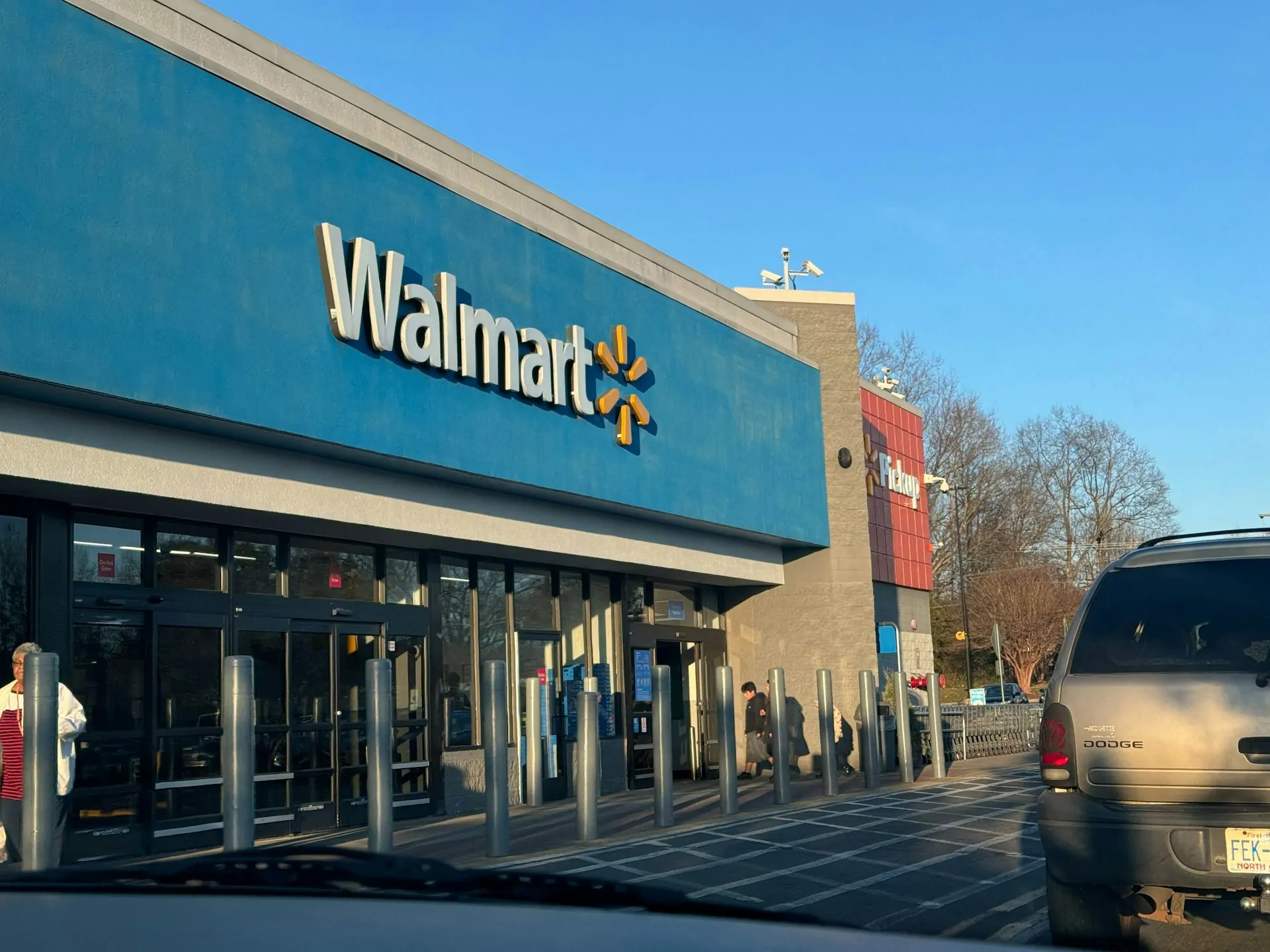
Image Source: unsplash.com
Food labels matter. They tell you what you’re buying, what’s in it, and sometimes even where it came from. But what happens when those labels aren’t true? Mislabeling products isn’t just a small mistake. It can mean you’re paying more for something that isn’t what it claims to be. It can also put your health at risk if you have allergies or dietary restrictions. And it’s not just a problem for small stores. Even the biggest grocery chains have been caught mislabeling products. This article looks at seven major grocers that were caught mislabeling products, what happened, and what you can do about it.
1. Walmart
Walmart is the largest grocery retailer in the United States. But even they have faced issues with product mislabeling. In 2017, Walmart was sued for selling “100% real Parmesan cheese” that actually contained wood pulp and other fillers. The label said one thing, but the product was something else. This case showed how even trusted brands can mislead shoppers. If you want to avoid mislabeled products, check ingredient lists and look for third-party certifications. Don’t assume that a big name means better accuracy. The FDA has guidelines, but mistakes and shortcuts still happen.
2. Whole Foods Market
Whole Foods built its reputation on natural and organic foods. But in 2015, the New York City Department of Consumer Affairs found that Whole Foods was overcharging customers by mislabeling the weight of pre-packaged foods. Some packages had less food than the label claimed. This wasn’t just a one-time error. The investigation found “systematic overcharging.” Whole Foods paid a hefty fine and promised to improve its practices. For shoppers, this is a reminder to double-check weights and prices, especially for pre-packaged items. Bring a small scale if you want to be sure, or ask for items to be weighed in front of you.
3. Kroger
Kroger is another giant in the grocery world. In 2019, Kroger was called out for selling “wild-caught” seafood that was actually farm-raised. The difference matters. Wild-caught fish usually costs more and is seen as healthier. But if the label is wrong, you’re not getting what you paid for. Kroger blamed suppliers, but the responsibility still falls on the store. If you care about where your food comes from, ask questions at the seafood counter. Look for details about the source, and don’t be afraid to walk away if the answers aren’t clear.
4. Trader Joe’s
Trader Joe’s is known for quirky products and loyal fans. But in 2016, the chain was sued for mislabeling products as “all natural” when they contained synthetic ingredients. The lawsuit claimed that several products, including snacks and cereals, didn’t meet the “all-natural” standard. Trader Joe’s settled the case and changed some labels. This shows how marketing terms can be misleading. If you want truly natural products, look for specific ingredient lists and avoid vague claims.
5. Safeway
Safeway has faced several mislabeling scandals. In 2013, the company was fined for selling farmed salmon as wild-caught. This wasn’t just a labeling error. It was a way to charge more for a cheaper product. Safeway also faced issues with mislabeling organic produce. These cases show that mislabeling can happen in any department, from seafood to produce. If you want to avoid being misled, buy whole, unprocessed foods when possible. And if you’re paying extra for organic or wild-caught, ask for proof or certification.
6. Aldi
Aldi is known for low prices, but it’s not immune to mislabeling problems. In 2013, Aldi was caught up in the European horse meat scandal. Products labeled as “beef” actually contained horse meat. This scandal affected several retailers, but Aldi was one of the biggest names involved. The company pulled products and apologized, but the damage was done. This case shows that mislabeling isn’t just about price or quality. It can also be about trust. If you want to be sure about what you’re eating, stick to whole cuts of meat and avoid processed products with long ingredient lists.
7. Costco
Costco is famous for bulk deals and loyal members. But in 2018, the company was sued for selling farmed shrimp labeled as “sustainably sourced.” The lawsuit claimed that the shrimp came from suppliers with poor labor and environmental records. Costco denied wrongdoing but changed some sourcing practices. This case highlights how labels like “sustainable” or “ethical” can be hard to verify. If these issues matter to you, look for third-party certifications and do your own research on brands and suppliers.
Why Grocery Product Labels Deserve Your Attention
Mislabeling products isn’t just a minor mistake. It affects your wallet, your health, and your trust in the food system. Even the biggest grocers have been caught mislabeling products, from seafood to cheese to packaged snacks. The best way to protect yourself is to read labels carefully, ask questions, and look for third-party certifications. Don’t assume that a big name means better accuracy. Stay informed and speak up if you notice something off. Your choices matter, and so does your voice.
Have you ever found a mislabeled product at your grocery store? Share your story in the comments.
Read More
How Do Kroger Gas Points Work?
Find Out Which Gas Stations Take Kroger Points and Save Big on Fuel
